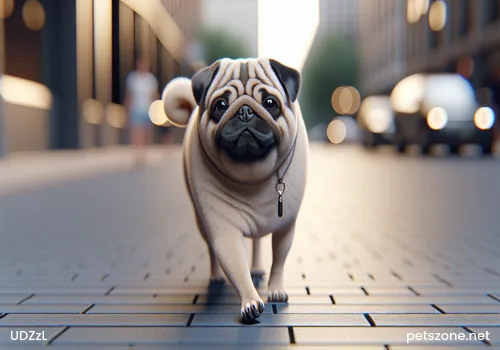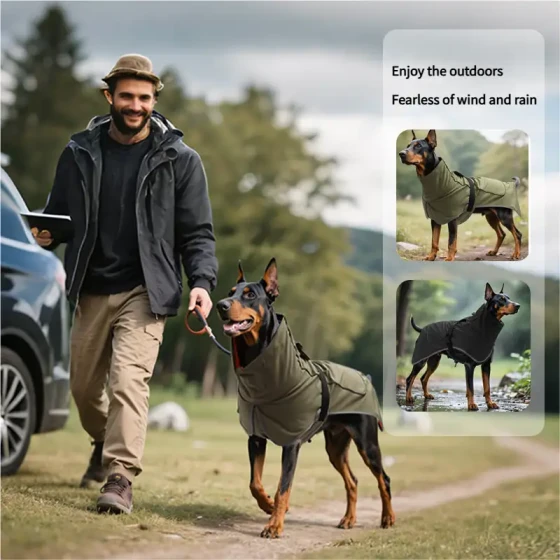How Should We Feed Elderly Dogs?
Dogs are our good friends. If you raise a dog, it will accompany us from puppyhood to old age until it passes away. When dogs reach old age, their health gradually declines day by day, so we as owners need to take more care of them. So what key aspects should we focus on when dogs are elderly?

How Should We Feed Elderly Dogs?
When a dog enters old age, like humans, its activity level will relatively decrease, so you must pay attention to the dog's weight. If you continue to feed high-calorie dog food, the dog might become overweight. Maintaining weight is especially important for elderly dogs because obesity increases the stress on the heart, lungs, muscles, and joints. This can shorten their lifespan, so you must monitor your dog’s weight carefully when feeding.

How Should We Feed Elderly Dogs?
As dogs age, their digestive system will gradually decline as well. At this time, giving some digestive supplements like digestive tablets can help reduce the gastrointestinal burden. Elderly dogs utilize protein as effectively as young dogs, but their protein needs are about fifty percent higher. Therefore, it’s important to choose protein-rich foods or feed smaller, more frequent meals.
Dogs also may experience some diseases in their senior years. Therefore, you should adjust their food based on their health conditions. For example, dogs with kidney disease should reduce intake of phosphorus and protein, while dogs with heart disease need to consume less salt. For these illnesses, it is best to follow the veterinarian’s advice to modify the dog’s diet or use special foods prescribed by the doctor.

How Should We Feed Elderly Dogs?
Providing sufficient water for dogs is necessary, but also pay attention to whether the dog suddenly drinks more frequently. Abnormal drinking habits may be early signs of diabetes or kidney disease. Elderly dogs are prone to sickness, so you should watch closely for any problems and seek timely veterinary care if needed.



